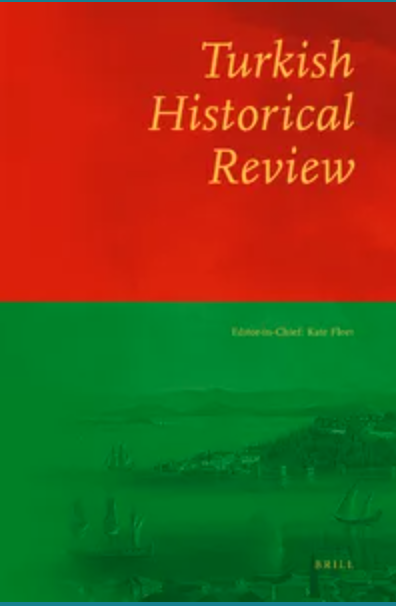In the Shadow of War and Empire
Industrialisation, Nation-Building, and Working-Class Politics in Turkey
“Görkem Akgöz has written an important and original book. Not only is the subject new, so is the methodology used. She explores new paths and she does so convincingly. In the Shadow of War and Empire is undoubtedly a landmark in the social historiography of the Global South.”
Marcel van der Linden, International Institute of Social History, Amsterdam
In the Shadow of War and Empire offers a site-specific history of Ottoman and Turkish industrialisation through the lens of a mid-century cotton factory in the “Turkish Manchester,” the name chosen by the Ottomans for the industrial complex they built in the 1840s in İstanbul, which, in the contemporary words of one of the country’s most prominent Marxist theorists, became “the secret to and the basis of Turkish capitalism" in the 1930s. It tells the story of how workers in Turkey, who were recategorised from imperial subjects to citizens, lived and worked through the simultaneous processes of postimperial nation-building and state-led industrialisation, and struggled to be heard amid the thunder of nationalist developmentalism.
“Görkem Akgöz has produced a study that will be of interest far beyond the ranks of historians of Turkey – those interested in labour, gender, state formation, citizenship, and ideology will find much of value here. Deeply researched, beautifully written, and insightful at virtually every turn, this is a book destined to become a classic.”
Professor Rick Halpern, University of Toronto
Table of Contents
Introduction
Postimperial synchrony: Industrialisation and nation-building as entwined processes
Part I
Chapter 1 The “Turkish Manchester”: Factories in nineteenth-century Istanbul
Chapter 2 A “home-grown plant”: State-led industrialisation between ideology and empiricism
Chapter 3 Smokestacks of “Atatürk’s minarets”: Industrialisation and the politics of national space
Part II
Chapter 4 The view from the factory: State-led industrialisation as myth and ceremony
Chapter 5 Voices from the shop floor: Politics, law, and workplace industrial relations
Chapter 6 Textures of struggle: Worker politicisation from the shop floor to the trade union
Conclusion
Shattering silence, deafening nostalgia: The legacy of state-led industrialisation
“Görkem Akgöz takes Turkish and global labour history an important step further by successfully connecting a macro perspective of the long-term history of state building and industrialization to an inclusive microhistory of all the workers involved. Truly a tour de force.”
Aad Blok, Executive Editor of the International Review of Social History
The book was featured in an interview I gave for Toplumsal Tarih magazine’s issue of February 2024.
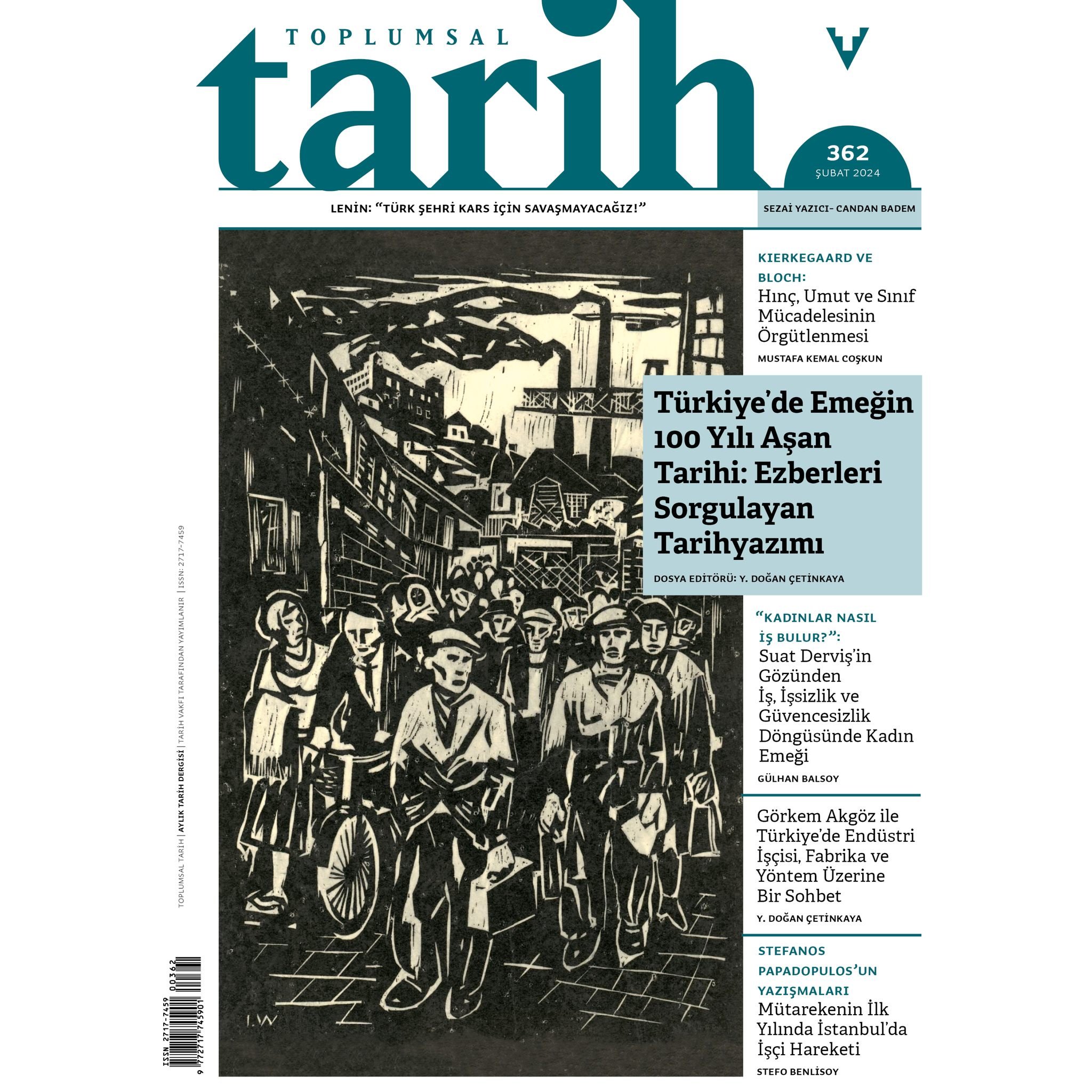
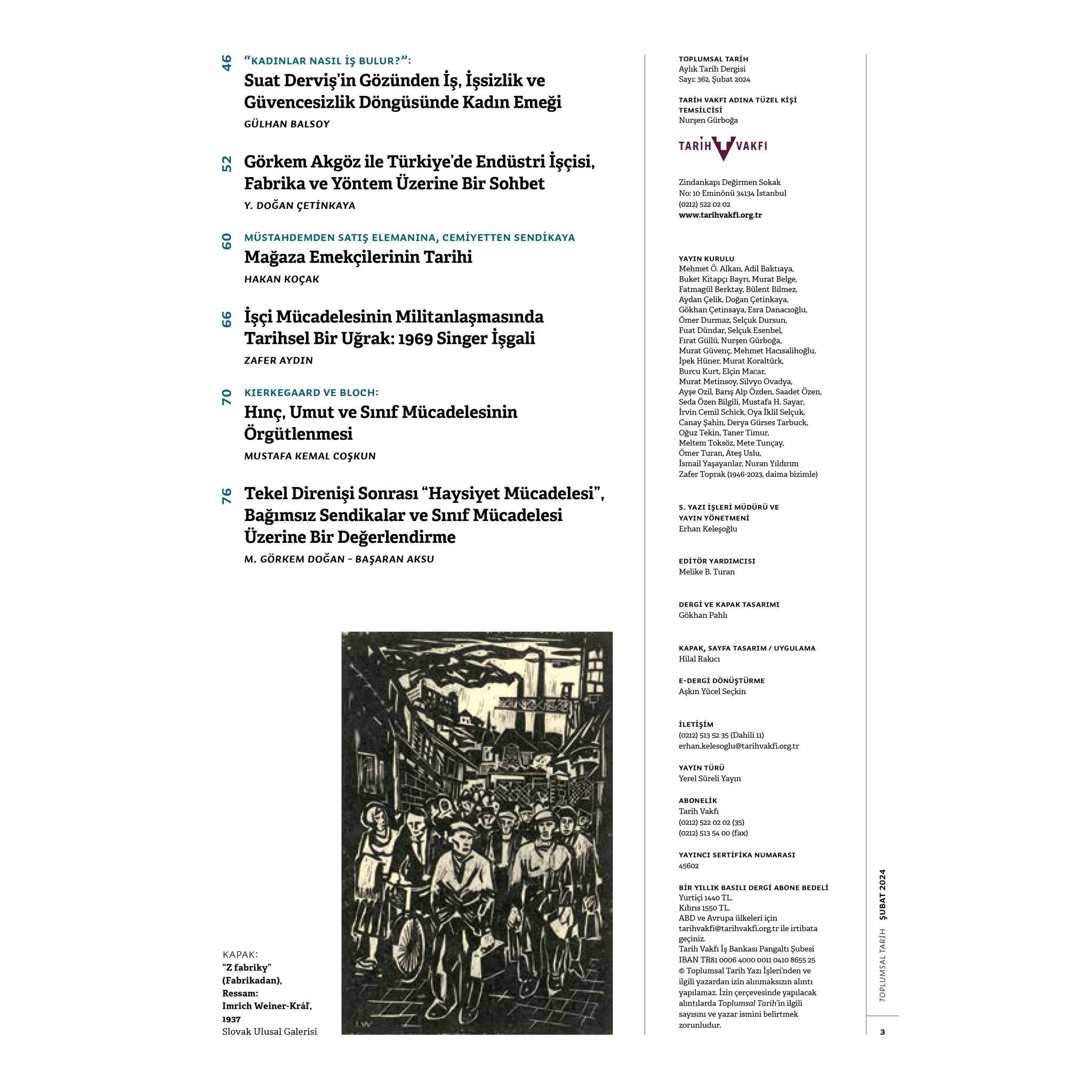
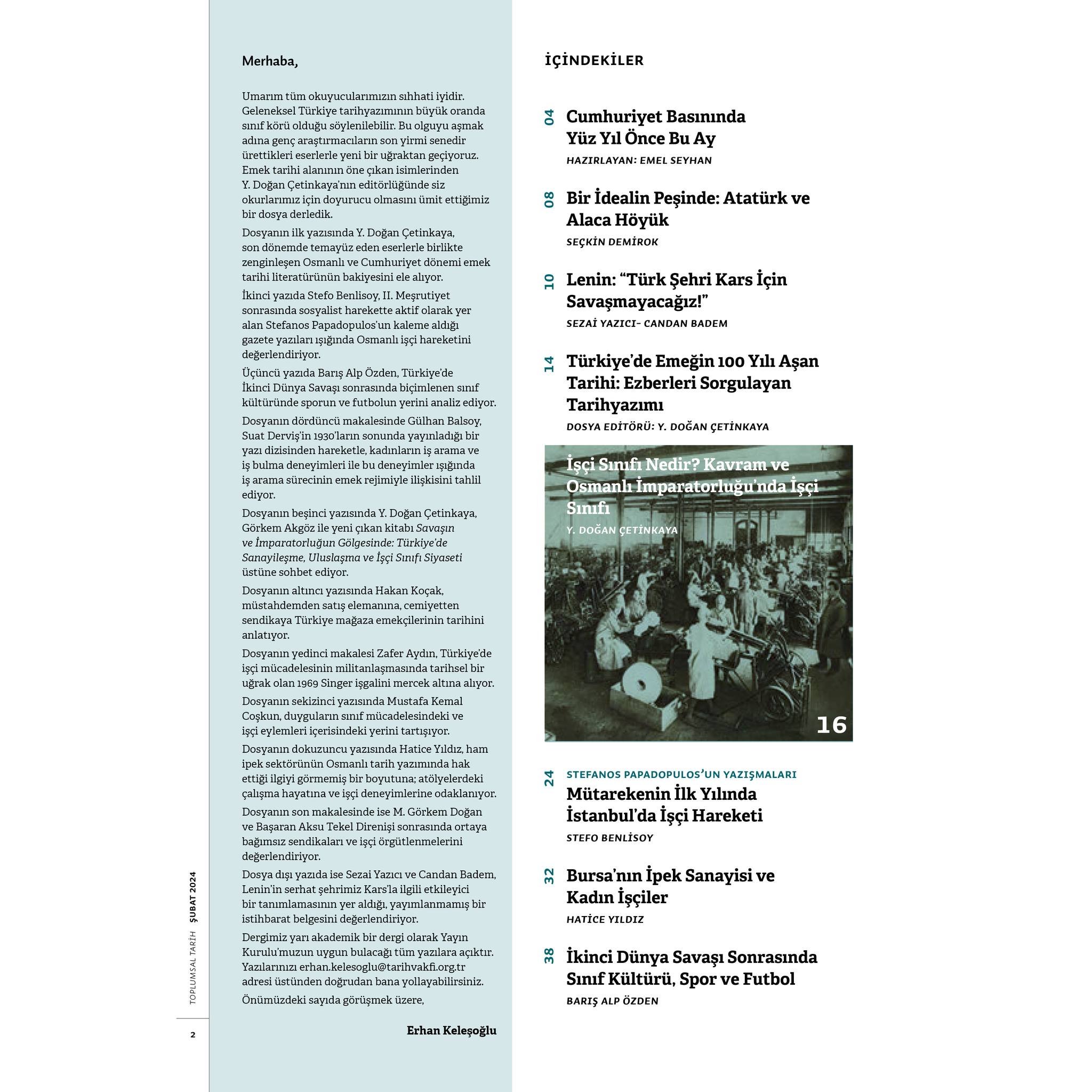

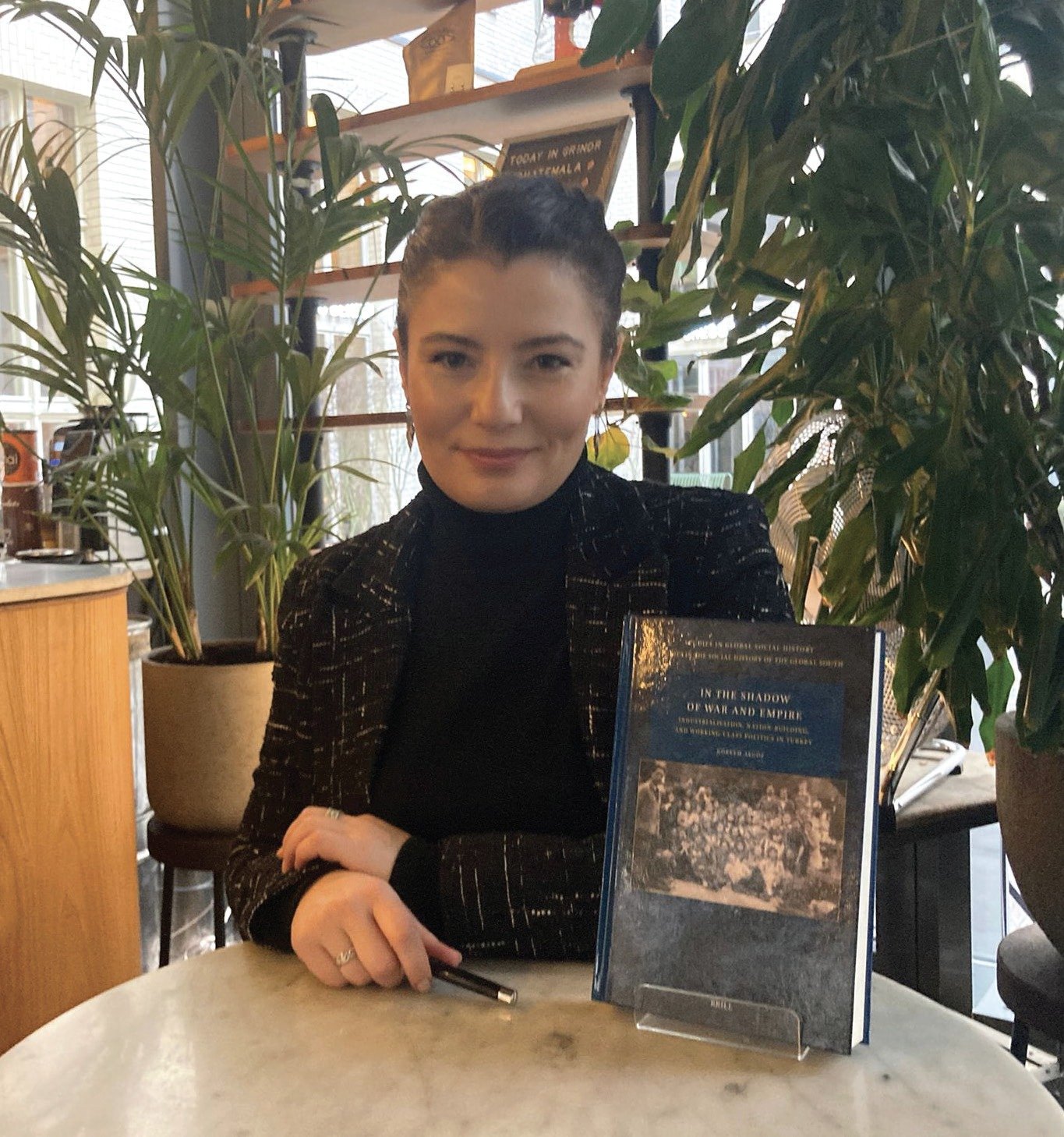
Reviews
To request a review copy of In the Shadow of War and Empire from Brill, please fill out this Review Request Form.
Utku Balaban in International Review of Social History
“I have spent many years studying the often informal industrial labour relations in this region, but it was only after reading Akgöz’s book that I was able to see the impact of the earlier state-led industrialization policies that materialized in the Bakırköy Factory on labour practices in these sweatshops. Indeed, Akgöz’s Bakırköy Factory is still alive, albeit in the form of these thousands of microscopic textile and garment sweatshops. The book is thus a promising place to show the historical connections between the earlier state-led and more recent neoliberal industrialization strategies, which Akgöz will hopefully pursue in her future studies.”
Mehmet Kentel in Urban History
“The book is also insightful about how the factory site is crucial to the reproduction of urban space, in Istanbul and beyond. Urban historians, not only of Turkey but of the Global South would find in this book fruitful areas of intersection between the histories of labour and the urban.”
Ivana Hadjievska in Journal of Balkan Studies
“Perhaps this is precisely where the true potential of researchers of labor history lies: with their constant focus on the material base of society and social relations, they act as the ‘inner judge’ of national historiographies. They can also be useful theoretical designers for a substantive understanding of modernization processes in industrial societies on the fringes of Western-centric epistemic interest. Akgöz’s forensic approach to archival sources and the discursive discussion she develops through original theses reinforce this claim.”
Müge Özbek in New Perspectives on Turkey




